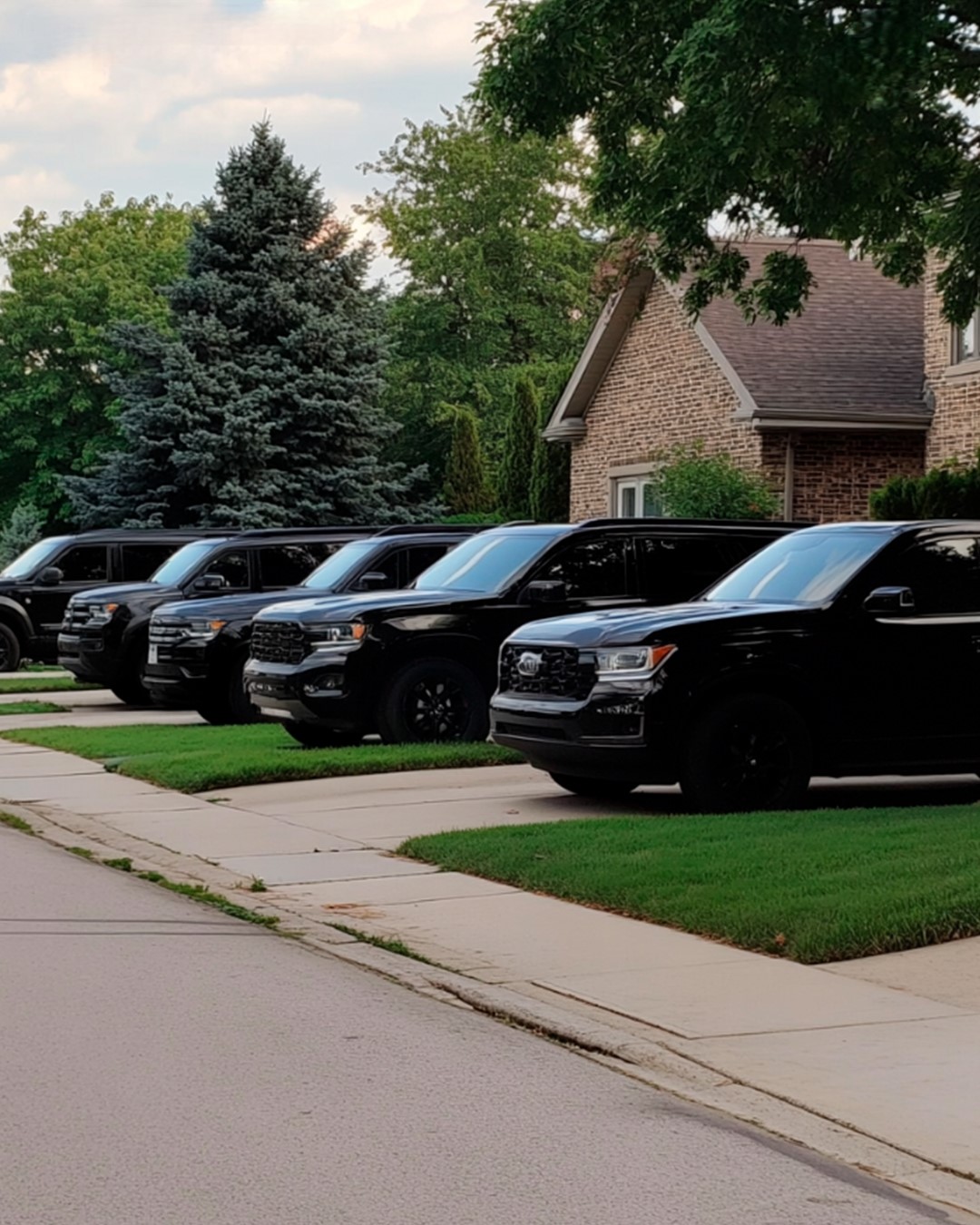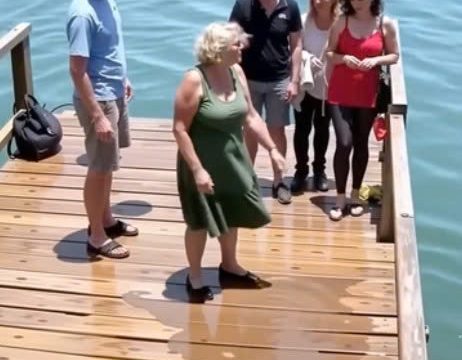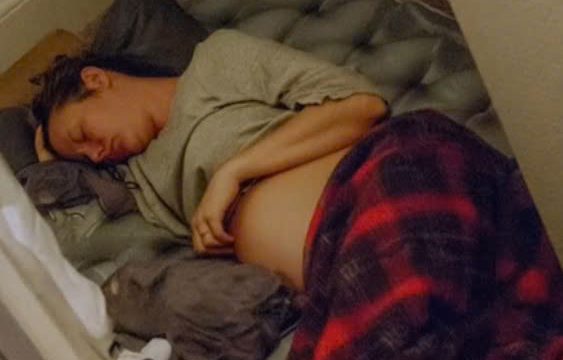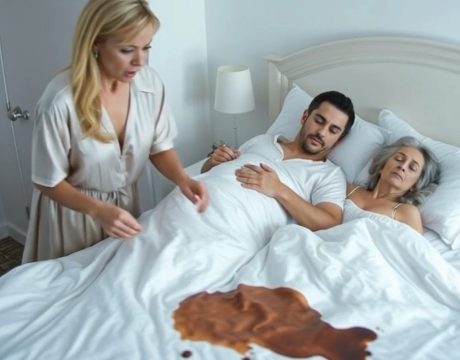When my dad passed away, I thought the worst part would be losing him—the ache of grief, the silence where his voice used to be, the empty chair at the table. What I didn’t expect was for the real pain to come from someone still living, someone who claimed to love him—my stepmother, Cheryl. Just two days after he died, while I was still numb and barely able to function, she looked me square in the eye and told me I wasn’t family anymore.

Then, without hesitation, she told me to pack my things and leave. I didn’t argue, and I didn’t cry—not in front of her. I went upstairs, grabbed only what I could fit into a duffel bag, and walked out of the only home I had ever known. I left behind the familiar smell of my father’s cologne, the creaky stair I used to skip, and the scarf he always hung by the door that still swayed gently as I passed it for the last time. That night, I crashed on my best friend Katie’s couch. She didn’t ask questions. She just handed me a glass of water and a blanket and sat beside me in silence until I finally fell asleep.
My grief felt like it was poured straight into my chest, setting like concrete—heavy, cold, and immovable. Before I closed my eyes, I made one phone call to my dad’s sister, Janine. I didn’t even need to explain everything. I told her what had happened, and when I stopped talking, she said six simple words that I will never forget: “Go back in the morning. I’ll be there.” I wasn’t sure what I was walking into the next day, but when I turned onto the street, I saw five black SUVs lined up outside the house. Two men in suits stood guard at the door like it was a crime scene. Cheryl opened the door and greeted me with a sugary “Sweetheart,” like she hadn’t thrown me out less than 48 hours earlier. Then I saw Janine. She looked like someone straight out of a courtroom drama—composed, sharp, and carrying a sleek folder like it held the fate of the world. “Perfect timing,” she said without missing a beat.
“Come in, Ellie. We’re settling a few things.” I followed her inside, where her legal team was already waiting in the living room. Cheryl started yelling, demanding answers, but Janine didn’t flinch. “Sit,” she said calmly but firmly, and Cheryl obeyed. Then Janine opened the folder and laid out the truth. My father had transferred the deed of the house and the land into a trust under my name shortly before I turned eighteen. He hadn’t had time to tell me, but he had put protections in place. Cheryl, despite her marriage to him, had no legal right to the house. No claim. Nothing. The look on her face turned from confusion to fury in seconds.
“Thomas would never have done that without telling me!” she screamed, but one of the attorneys slid the legal documents across the table, calmly confirming everything. Cheryl had one hour to pack up and leave. No appeals. No room for argument. I watched in silence, still processing, as private security followed her upstairs to oversee her departure. Meanwhile, I wandered into the kitchen, where I could almost hear my dad’s voice as he fumbled through his weekend pancake attempts, laughing every time he burned a batch. When Cheryl finally came back down, dragging her suitcases and a bruised ego behind her, she didn’t say a word to me. No apology. No explanation. Just a final glance before she walked out the door for good. After she was gone, Janine and I sat at the kitchen table, the same one where I used to do my homework while Dad made dinner. We talked about my mom’s pecan pie recipe and ended up baking it together. It didn’t come out perfect, but it filled the house with warmth—the kind I hadn’t felt in far too long. That night, I went upstairs to my old room and curled up in bed. I found a box hidden in the closet, filled with keepsakes my dad had stashed away from Cheryl—photos, notes, little trinkets from our road trips. I opened his closet door and saw his flannel shirts still hanging, and that old tan jacket he wore every fall. I pressed my face into it, breathing in the scent of cedar and aftershave. I didn’t cry. I just let the peace of being home wash over me. Later, I picked up my guitar and played the song I had written after his funeral. The house no longer felt cold or haunted. It felt safe. It felt like healing. And best of all, it felt like mine.





